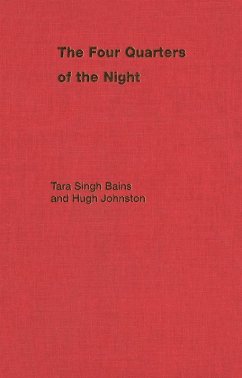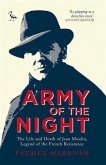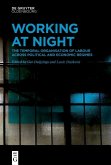Identifying himself as both an Indian and a Canadian but first and foremost a Sikh, Tara Singh has shuttled back and forth between Canada and India for most of his life, finding personal harmony while incorporating two very different countries and cultures into his life. Tara Singh was raised within an amritdhari, or baptised, Sikh tradition in a small village in Punjab, India; his values and identity are firmly rooted in Punjabi Sikh culture. As a child and adolescent he suffered mercilessly from his father's verbal and physical cruelty, but the support that he drew from his village environment and his religion gave him strength. He married, according to traditional practices, the woman that his family had arranged for him to wed. Sponsored by his sister, Tara Singh emigrated to Canada in the early 1950s and settled in British Columbia. He came alone, without his wife and children, as most Punjabis did. His greatest initial shock in Canada was his experience with racism, and its impact on his relatives who tried to persuade him to shave his beard and abandon his turban - two sacred symbols of the Sikh. Refusing to betray his beliefs, he resisted the relentless pressure of his family just as he later fought against the exploitation of immigrants in the saw mills where he worked. Tara Singh became active in fighting for immigrant rights and protecting the Sikh faith in Canada. The Four Quarters of the Night is more than one man's life story: his single voice reveals much about the collective experience of immigrants. Tara Singh's narrative presents an evocative picture of a newcomer's experiences in a land of foreign customs, culture, and religious beliefs. Hugh Johnston, to whom Tara Singh told his story, has created a unique and invaluable document in immigration and ethnic history.
Dieser Download kann aus rechtlichen Gründen nur mit Rechnungsadresse in A, B, BG, CY, CZ, D, DK, EW, E, FIN, F, GR, HR, H, IRL, I, LT, L, LR, M, NL, PL, P, R, S, SLO, SK ausgeliefert werden.









